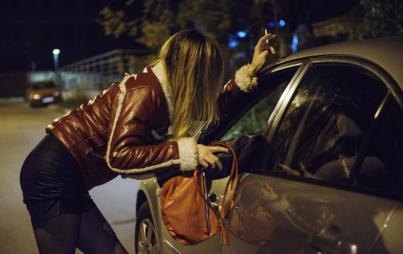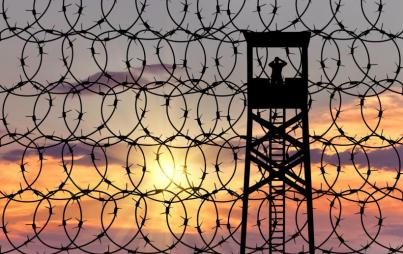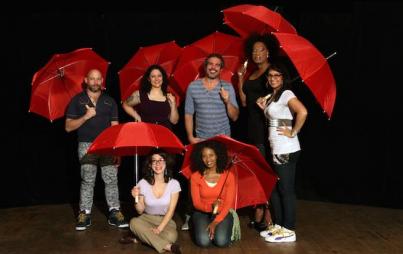
Many sex workers seek protection, not the eradication of their industry.
Recently, the Guardian came out with its opinion about human rights and increased safety for sex workers. Human rights, they said, are based on the principle that “there are certain things which it is always and everywhere wrong to do.” Sex work, they said, is just wrong and shouldn’t be permitted.
I only had a couple hundred dollars left when I got to town. The month before, the FBI brought Operation Cross Country to Alaska, teaming up with the Palmer and Wasilla police departments to post ads posing as an escort and then arresting 10 customers near Anchorage. At the time, I lived a simple life in the woods and went to Anchorage for one weekend a month to earn my living as an escort. Out in my cabin, with no TV or newspapers, I didn’t hear about the sting operation until I got to town to work and learned that two of my regular customers had been arrested and had their phones taken by the police. Fear of the FBI had spread through the very small world of Anchorage clients, and instead of going home with my usual income for the month, I barely broke even.
I thought that the fear would have blown over and I would have plenty of business, but I thought wrong. I had only one client scheduled. I used my money to get a hotel room, dropped off my disabled auntie who lived with me at the movie theatre. I was down to $50.
Back in the hotel room, I had an inquiry from a new client. Normally, I never would have seen him — he was a clusterfuck of red flags. But I felt desperate, so I told him to come on over before my other client.
He had no intention of being a client, though. He’d come to rape me.
He said that if I screamed or struggled he would tell the police and the hotel that I was a prostitute. Normally I would have laughed at him, made a scene, and just gone to another hotel, but I didn’t have the money for another hotel room, and I had left a disabled old woman who depended on me at the movie theater.
So I put my face in a pillow. I didn’t scream. I didn’t struggle. When he was done, he told me it wasn’t fair that women controlled sex.
Afterwards, I sat in the bathtub. My actual client would arrive in 20 minutes.
I touched my body everywhere, to reclaim it. I talked to myself: “That was rape. Are you OK?”
I felt kind of OK. I hadn’t been afraid for my life or anything.
I thought about the escort who was kidnapped and gang-raped in Philadelphia a few years before, and the judge who decided it was just theft of services. I didn't blame this guy for taking advantage of the opportunity offered to him by a legal system that condones my rape. I blamed the system that told him women like me could be raped with impunity. I blamed the system that scared away good clients and left me with this. I blamed the women on the Internet who often tried to explain to me that I just didn’t know when I was being victimized and so I should be sent to jail, who, in their fierce promotion of “right,” advocated for laws that created situations exactly like this.
Last month, Amnesty International issued a draft policy proposal suggesting the decriminalization of consenting adult sex work. The proposal would match positions already taken by the World Health Organization, Human Rights Council, United Nation Convention Against Transnational Organized Crime, the Commission on Human Rights, and UNAIDS. Essentially, they believe that sex workers should be protected, not arrested, and should be allowed to have families, landlords, clients, secretaries, and security guards.
This caused some celebrities to freak out. Lena Dunham, Gloria Steinem, Allison Williams, Kate Winslet, Anne Hathaway, and Meryl Streep, among others, signed on to a letter opposing the proposal. They called women like me “prostituted women” and agreed that we shouldn’t be criminalized, but — like that 2009 Operation Cross Country bust — they want clients and everyone else around us to be arrested. The Global Network of Sex Worker Projects, the International Committee on the Rights of Sex Workers, and other sex worker led organizations have written their own letters urging Amnesty International to choose policy that would increase their safety rather than caving to the demands of movie stars.
Recently, the Guardian came out with its opinion about human rights and increased safety for sex workers. Human rights, they said, are based on the principle that “there are certain things which it is always and everywhere wrong to do.” Sex work, they said, is just wrong and shouldn’t be permitted. In other words, my not existing is more important to them than my safety. It is exactly what I understood that the so called well-meaning feminists really meant when I was sat in that bathtub six years ago after being raped.








